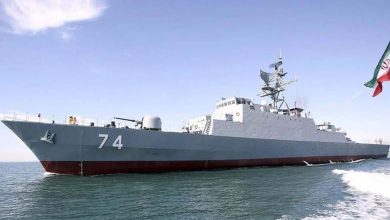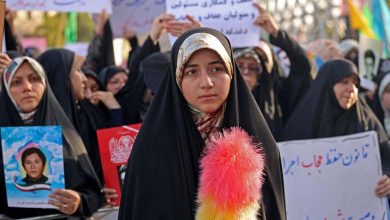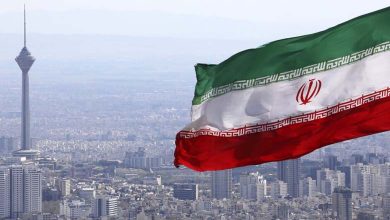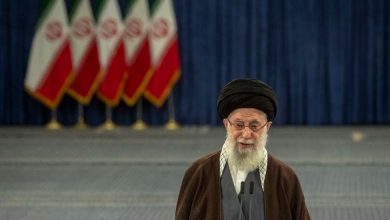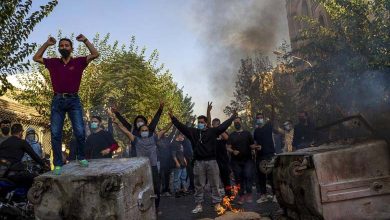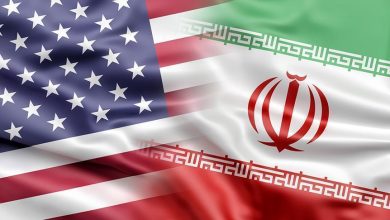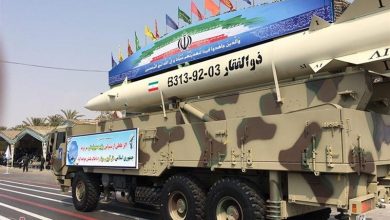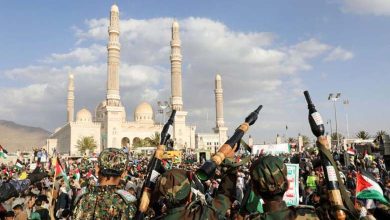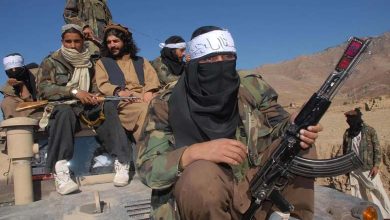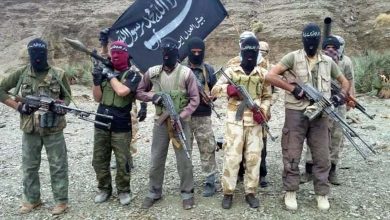Iran seeks to support its influence in Lebanon by exploiting an agreement with Saudi Arabia
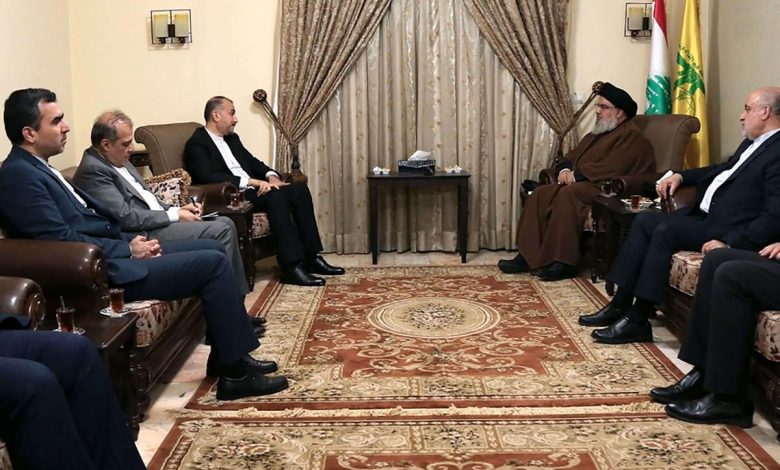
Iranian Foreign Minister Hossein Amir Abdollahian discussed on Friday with the Secretary General of the Lebanese “Hezbollah” organization, Hassan Nasrallah, the agreement between Tehran and Riyadh on the resumption of bilateral relations, and its repercussions on regional countries. Observers believe that Iran is seeking to exploit the rapprochement with Saudi Arabia to strengthen its influence in Lebanon.
The Iranian side believes that Saudi Arabia is no longer interested in the Lebanese issue, and therefore it will not face Tehran’s efforts to consolidate influence with the same enthusiasm as before, especially since Riyadh has for long sought to support the political class in Lebanon to overcome its crises and provided economic assistance. This has not been achieved, however, due to deep conflicts between the Lebanese powers.
The presidential void also presented an opportunity for Iran and its ally Hezbollah, as well as Amal, to impose conditions on political forces that, according to observers, have become more vulnerable.
“Nasrallah met with the Iranian Foreign Minister and his delegation in the presence of Tehran’s ambassador to Beirut, Mojtaba Amani,” according to a statement released by Hezbollah during a meeting in Beirut, part of an official visit by the Iranian minister since Wednesday.
He said the two sides reviewed “the latest developments in the region, especially the Iran-Saudi agreement and its repercussions on all regional countries, as well as the latest developments in Lebanon and Palestine.”
“On March 10, Saudi Arabia and Iran announced the resumption of diplomatic relations and the reopening of embassies in two months, after Chinese-sponsored talks.”
Immediately after the conclusion of the agreement, Nasrallah implied that it was a victory for his group and what he described as the axis of resistance, and that it would achieve stability in the region. Observers, however, doubt the extent of the commitment of groups linked to Tehran, whether in Lebanon or Yemen, to the efforts of truce and the process of reconciliation.
Hezbollah’s leadership has made no secret of its unequivocal support for Iran’s approach in a number of areas, especially in Syria, where fighters from the group, along with members of the Revolutionary Guards, have participated in fighting the armed Syrian opposition.
The Lebanese group, in coordination with Iranian intelligence, has also supported the Houthis in Yemen, whether by training or arming them to launch rocket attacks and marches on Saudi Arabia.
On the Lebanese front, Iran is benefiting from Saudi Arabia’s desire to adopt a strategy of disassociation and disassociation in order to impose a fait accompli, as Hezbollah is still the arm that can achieve Iranian ambitions in Lebanon.
“On Wednesday, Hossein Amir Abdollahian arrived in Beirut for a three-day official visit and on Thursday held meetings with Prime Minister Najib Mikati, Parliament Speaker Nabih Berri and Lebanese Foreign Minister Abdullah Bou Habib.”
On Thursday, Abdollahian said during a press conference with his Lebanese counterpart that he discussed with Lebanese officials “the Iranian-Saudi agreement and Iran’s readiness to help Lebanon in all fields, especially the electricity issue”.
The Iranian minister called on all “political parties in Lebanon to accelerate the presidential and political electoral process”.
The Iranian minister’s call for an end to the vacancy in Lebanon comes after a Shiite duo (Hezbollah and the Amal Movement) supported by Iran called for an end to the presidential vacancy after they declared their support for Marada Movement leader Suleiman Franjieh, amid disagreements between parliamentary blocs over the candidates for the position.
Since President Michel Aoun’s term ended in October, the Lebanese parliament has failed 11 times to elect a president due to deep political divisions.
Since the summer of 2019, Lebanon has been witnessing an economic collapse in which the lira has lost many times its value against the dollar. Meanwhile, banks have stopped supplying depositors with dollars, accusing Hizbullah of dragging the country into the Iranian axis and consequently losing Gulf support.
The protracted economic crisis is the worst in Lebanon’s history and is accompanied by political paralysis that is preventing reform steps that limit deterioration and improve the lives of the population.
“In addition to suffering an unprecedented severe economic crisis since 2019, Lebanon is undergoing a severe political crisis, with the parliament having failed in 11 rounds since September 2022 to elect a new president to succeed Michel Aoun, whose term expired at the end of October 2022.”


